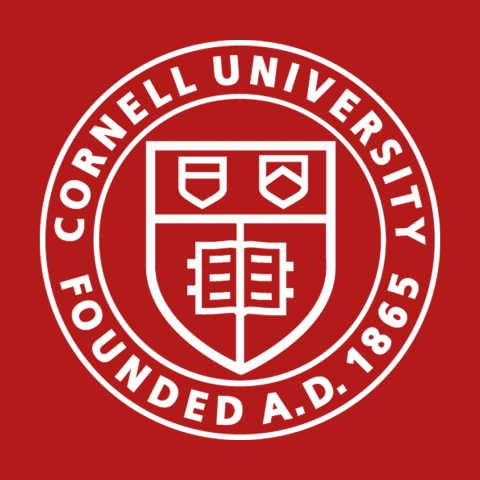Date: 5/5/2022 Speaker: Daehyung Park Location: 122 Gates Hall and Zoom Time: 2:40 pm-3:30 pm Abstract: There are now successful stand-alone or coexistence robotic...
Date: 4/28/2022 Speaker: Daniel Bruder Location: 122 Gates Hall and Zoom Time: 2:40 pm-3:30 pm Abstract: Soft robots are able to safely interact with...
Date: 4/21/2022 Speaker: Naveen Kuppuswamy Location: 122 Gates Hall and Zoom Time: 2:40 pm-3:30 pm Abstract: Manipulation in cluttered environments like homes...
Date: 4/14/2022 Speaker: Cara Nunez Location: 122 Gates Hall and Zoom Time: 2:40 pm-3:30 pm Abstract: During social interactions, people use auditory, visual,...
Date: 3/31/2022 Speaker: Tianyu Wang Location: 122 Gates Hall and Zoom Time: 2:40 pm-3:30 pm Abstract: Autonomous systems operating in unstructured, partially...
Date: 3/24/22 Speaker: Igor Gilitschenski Location: 122 Gates Hall and Zoom Time: 2:40 pm-3:30 pm Abstract: In recent years, we have seen an exploding interest in...
Date: 3/17/22 Speaker: Mustafa Mukadam Location: 122 Gates Hall and Zoom Time: 2:40 pm-3:30 pm Abstract: Robot perception sits at a unique cross roads between...
Date: 3/3/22 Speaker: Sanjiban Choudhury Location: 122 Gates Hall and Zoom Time: 2:40 pm-3:30 pm Abstract: Advances in machine learning have fueled progress...
Date: 2/24/22 Speaker: De'aira Bryant Location: 122 Gates Hall and Zoom Time: 2:40 pm-3:30 pm Abstract: Social robots are robots designed to...
Date: 2/17/2022 Speaker: Lerrel Pinto Location: 122 Gates Hall and Zoom Time: 2:40 pm-3:30 pm Abstract: Even with the substantial progress we have seen in Robot...
Date: 2/10/2022 Speaker: Shiqi Zhang Location: 122 Gates Hall and Zoom Time: 2:40 pm-3:30 pm Abstract: The real world is partially observable to both people and...
Date: 2/3/2022 Speaker: Angelique Taylor Location: 122 Gates Hall Time: 2:40 pm-3:30 pm Abstract: To facilitate the field of Human-Robot Interaction (HRI) to...
Speaker: Aniket Bera 1/27/2022 Location: 122 Gates Hall Time: 2:40 pm-3:30 pm Abstract: Human behavior modeling is vital for many virtual/augmented reality...

